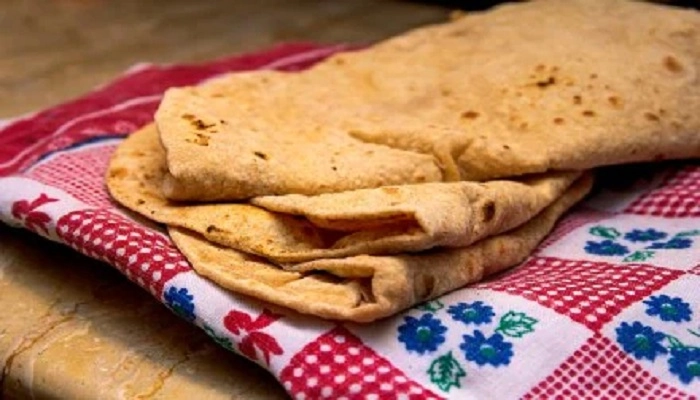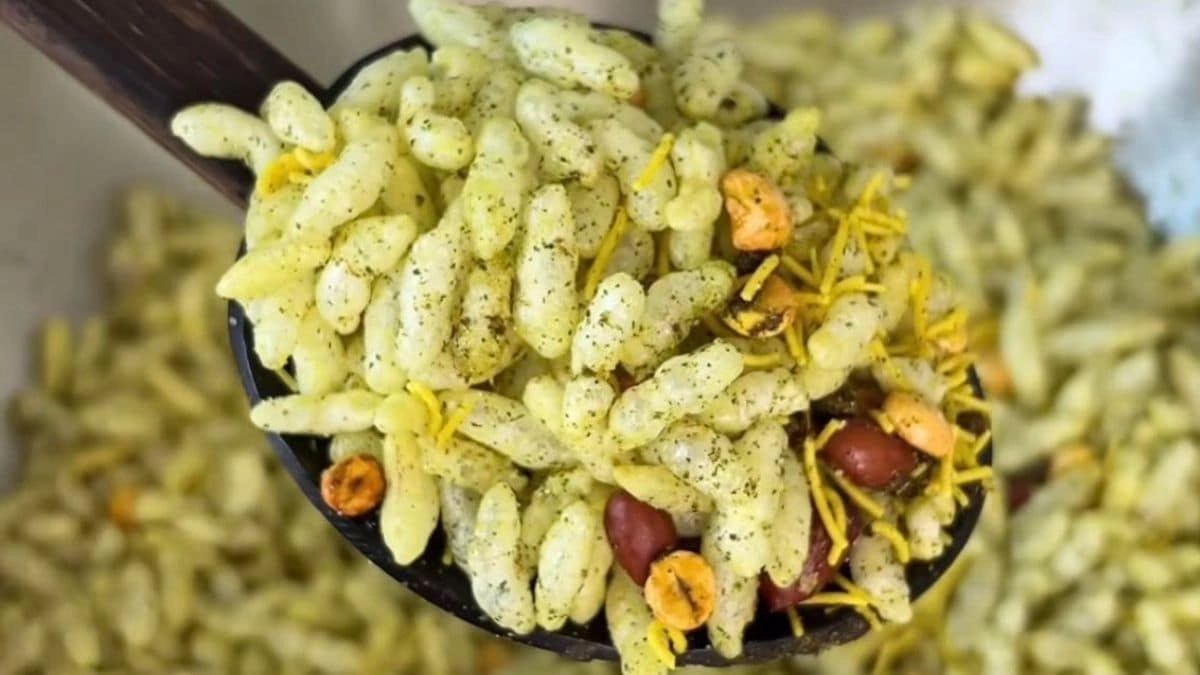The monsoon season brings much-needed relief from the heat, but it also introduces a host of challenges, especially in the kitchen. Higher humidity levels can lead to the spoilage of various common ingredients that are staples in many households. Understanding which ingredients are most susceptible to spoilage during this season and how to preserve them can help prevent food waste and ensure that your cooking remains uninterrupted.
One of the most affected ingredients during the monsoon is rice. Due to its high carbohydrate content, rice can attract moisture and become a breeding ground for mold and insects. To save rice from spoilage, transfer it into airtight containers or glass jars to minimize exposure to humidity. Adding a few dried chilies or bay leaves can also deter pests, as their strong scents act as natural repellents. Similarly, flour is another kitchen staple that can clump or become infested with weevils if not stored properly. Keep flour in a cool, dry place, and consider refrigerating it for longer shelf life.
Spices, too, can lose their potency during the rainy season. Moisture can cause spices to clump and lose their flavor, which can significantly affect your dishes. To prevent this, store spices in airtight containers and keep them in a dark, dry area. Additionally, consider using small packets of silica gel, which can absorb excess moisture and keep your spices dry. Another ingredient that often spoils during the monsoon is sugar. While sugar itself doesn’t spoil, it can harden and become difficult to use if exposed to moisture. To keep sugar free-flowing, store it in an airtight container, and consider adding a few grains of uncooked rice to absorb any humidity.
Lastly, fresh produce, such as fruits and vegetables, can also succumb to spoilage during the monsoon. The increased moisture in the air can lead to faster decay and mold growth. To preserve fresh produce, store it in the refrigerator and ensure they are completely dry before putting them away. Using breathable produce bags can also help maintain their freshness by allowing air circulation while reducing moisture accumulation. By taking these simple yet effective steps, you can safeguard your kitchen ingredients from the adverse effects of the monsoon season, ensuring that they remain fresh and usable for all your culinary needs.




